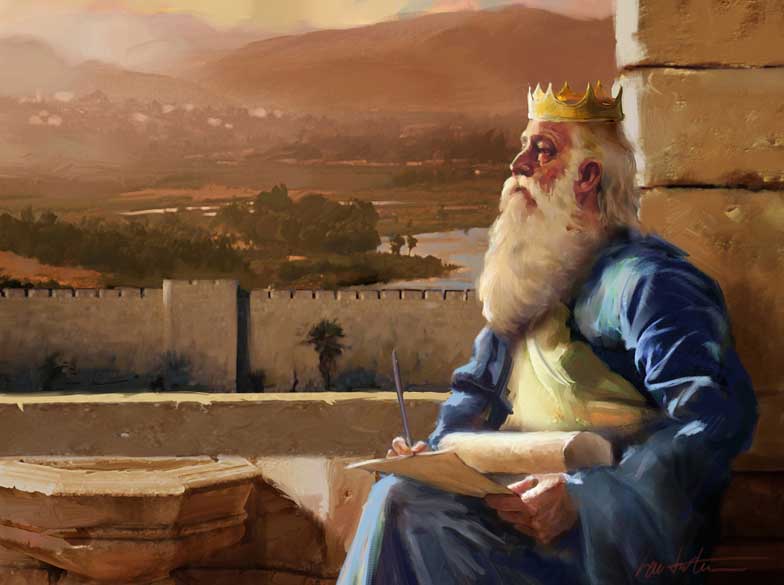and streams on the dry ground;
I will pour My Spirit upon your offspring,
and My blessing on your descendants.
They shall spring up among the grass
like willows by flowing streams.
This one will say, ‘I am the Lord's,’
another will call on the name of Jacob,
and another will write on his hand, ‘The Lord's,’
and name himself by the name of Israel."
- Isaiah 44:3-5
That's why I quote the verses above. It is true that the Old Testament, especially the book of Isaiah, prophesies some wondrous events in Israel. I simply deny that those events are intended to be taken in a literal way. Rather, I see them as prophecies of the wondrous works of the Holy Spirit in the Gospel. Yet dispensationalists accuse me, and those who hold to the same view, of "spiritualizing" Scripture. I proudly admit my debt to the Puritans in this matter, as can be found described in the book, The Puritan Hope, by Iain Murray.
But is it fair to accuse me of spiritualizing? I don't believe so. Afterall, the proper hermeneutic method is to interpret the Bible, one passage compared to another, referred to as "the analogy of faith." The more difficult passage is interpreted in the light of the clearer passage.
In this case, we have an explicit interpretation of the symbols used by Isaiah. In verse 5, he quotes God, proclaiming that "I will pour water on the thirsty land, and streams on the dry ground." Then, in the pattern of Hebrew parallelism, that phrase is restated, "I will pour My Spirit upon your offspring, and My blessing on your descendants." An equivalency is given: pouring out water and streams means pouring out the Holy Spirit.
While I equate Israel and the church, I also connect this to Paul's prophecy in Romans 11:25-27 (compare, for example, Zechariah 1:17 and 12:10) that a day will come when Israel, i. e., ethnic Israel, will turn as a people to Messiah Jesus, Him whom they had rejected. So, I do not deny that ethnic Israel has a particular place in the purposes of God. Rather, what I deny is that political Israel is the fulfillment of those purposes.



